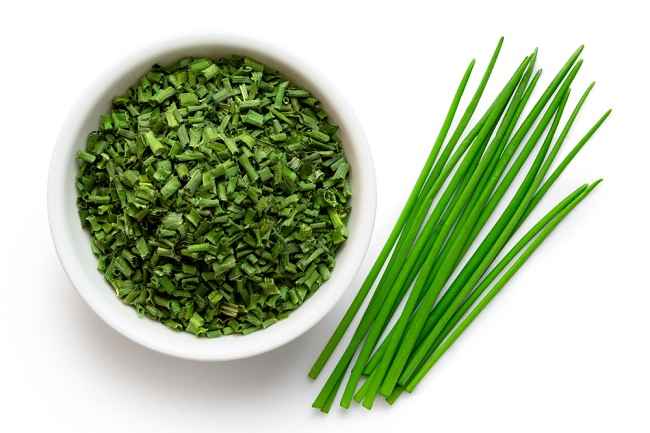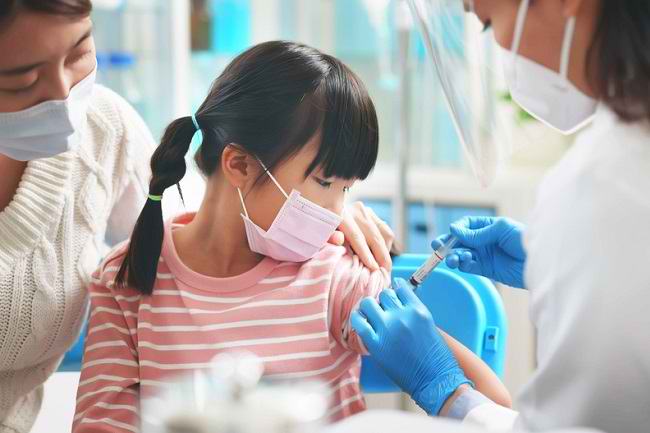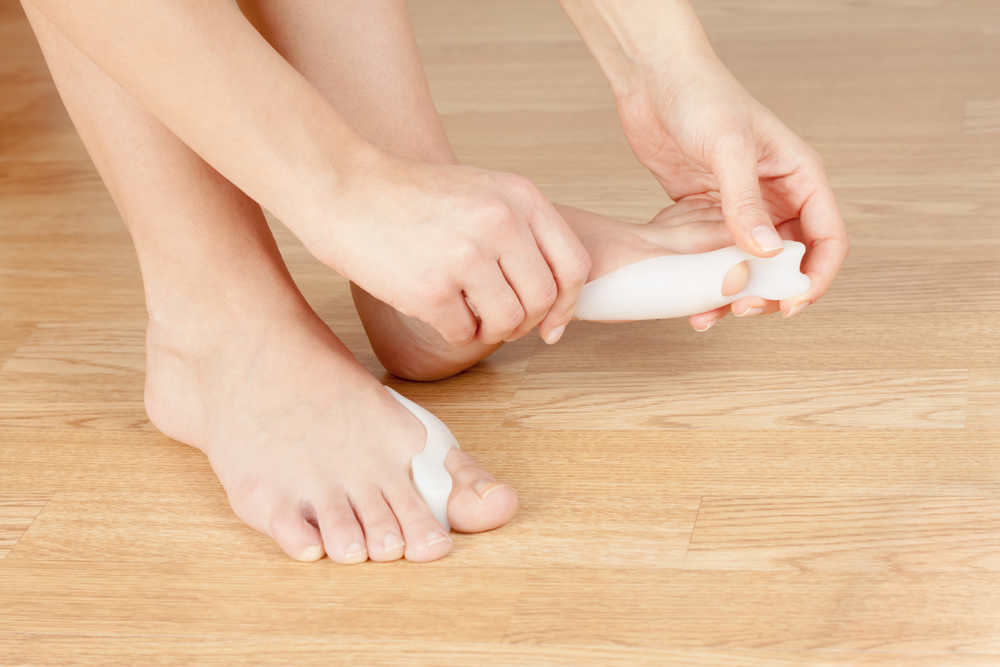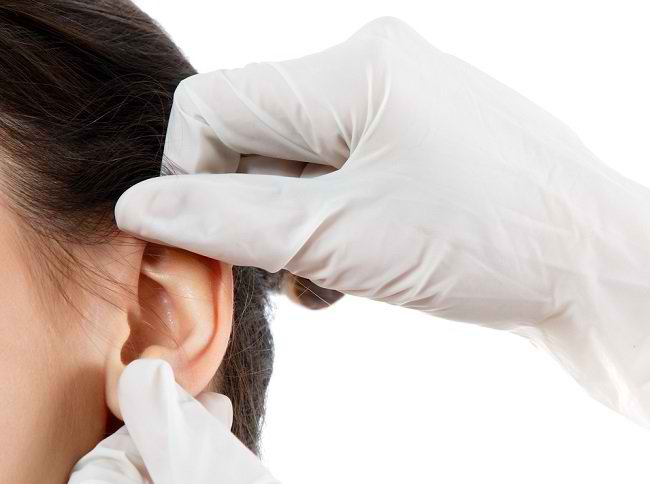Dental and oral health is closely related to body health. Many people think that brushing their teeth is enough. However, the routine of brushing teeth, cleaning the oral cavity using mouthwash, and using dental floss is not enough to maintain dental and oral health.
Troubled teeth and mouth can be fatal for the health of the body as a whole. Infections of the teeth or gums can spread to other body tissues. Diseases caused are not only related to dental and oral health, but also the health of other organs.

To ensure that your teeth and mouth stay healthy, you need to adopt a healthy lifestyle related to diet, and it is advisable to visit the dentist regularly.
Mouth, Beginning of Whole Body Health
The mouth is the gateway to the inside of the body. Therefore, dental and oral health can affect the overall health of the body.
In all parts of the human body there are many bacteria that are mostly harmless, as well as in the mouth. A healthy mouth and teeth can help prevent bacteria from overgrowing and reduce the risk of plaque and tartar forming. Brushing your teeth and flossing on a regular basis really supports the creation of a healthy mouth.
The condition of the mouth and teeth that are not maintained gives the bacteria in the mouth more freedom to multiply, thus allowing the occurrence of gum disease and tooth decay. In addition, the side effects of medications, such as antihistamines, pain relievers, and decongestants, can lead to reduced saliva production, which also contributes to the proliferation of bacteria. Saliva is useful in preventing the entry of germs that are at risk of causing disease, it is also in charge of sweeping food debris in the mouth and neutralizing acids produced by bacteria. If hygiene and health are not maintained, the mouth becomes the gateway for the entry of various germs.
Habits to Do to Maintain Dental and Oral Health
Apart from brushing your teeth, gargling with mouthwash, and flossing your teeth, there are other important preventive measures that must be observed.
- Check with the dentist regularly
Have your teeth checked by the dentist every six months. Even if you don't have any complaints about your dental and oral health, there are many advantages to having regular dental check-ups. If there are abnormalities in the gums, tooth decay, or a more serious disease, the doctor can detect it early. Besides being easier to treat, usually the cost of treatment for a disease that is still in its early stages will be cheaper when compared to the cost of treatment for an already severe condition.
- Always use the right toothbrush
You also have to pay attention to how to brush your teeth. Hold the toothbrush at a 45-degree angle toward the gums. Brush your teeth in short, not too hard, circular motions. No need to be too excessive when brushing your teeth, just do 10-15 brushes per tooth. The recommended brushing time is 2 minutes.
- Beware of foods that contain sugarLimit sugar consumption because it is a source of energy for bacteria, the cause of plaque formation that can damage the enamel of teeth and gums, as well as an ingredient to form acidity in the mouth. All of these can cause tooth decay.
- Quit smokingSmoking also plays a role in the formation of plaque on teeth. Smoking makes the mouth an excellent breeding ground for bacteria. Two substances in cigarettes, namely nicotine and tar, have the potential to eat away at the gums and make teeth yellow and black. Another disadvantage if you smoke is the risk of decreasing the quality of the bone that supports the teeth, so that the teeth fall out more easily. Smoking also increases the risk of developing oral cancer, due to the effects of various chemicals in cigarettes.
- Avoid soda
Phosphoric acid and citric acid are two types of acids used to add flavor to soda. Both of these substances can threaten dental health because of their properties that can eat away at the tooth surface. In addition, soft drinks also generally contain a lot of sugar.
- Practice using dental floss
It is recommended that you regularly use dental floss to help remove plaque and maintain dental health. Like a toothbrush, the use of dental floss must be done in the right way. The trick is to try wrapping one end of the thread on the index finger of the right hand and also wrap the other end on the index finger of the left hand. Pinch the two ends of the thread with your index finger and thumb. Keep the floss taut and start cleaning between your teeth one by one.
To effectively maintain dental and oral health, you can also use mouthwash or mouthwash. Maintaining healthy teeth and mouth is actually not difficult because you can do it yourself at home. The most important thing is to stay consistent and make it a part of your routine.









